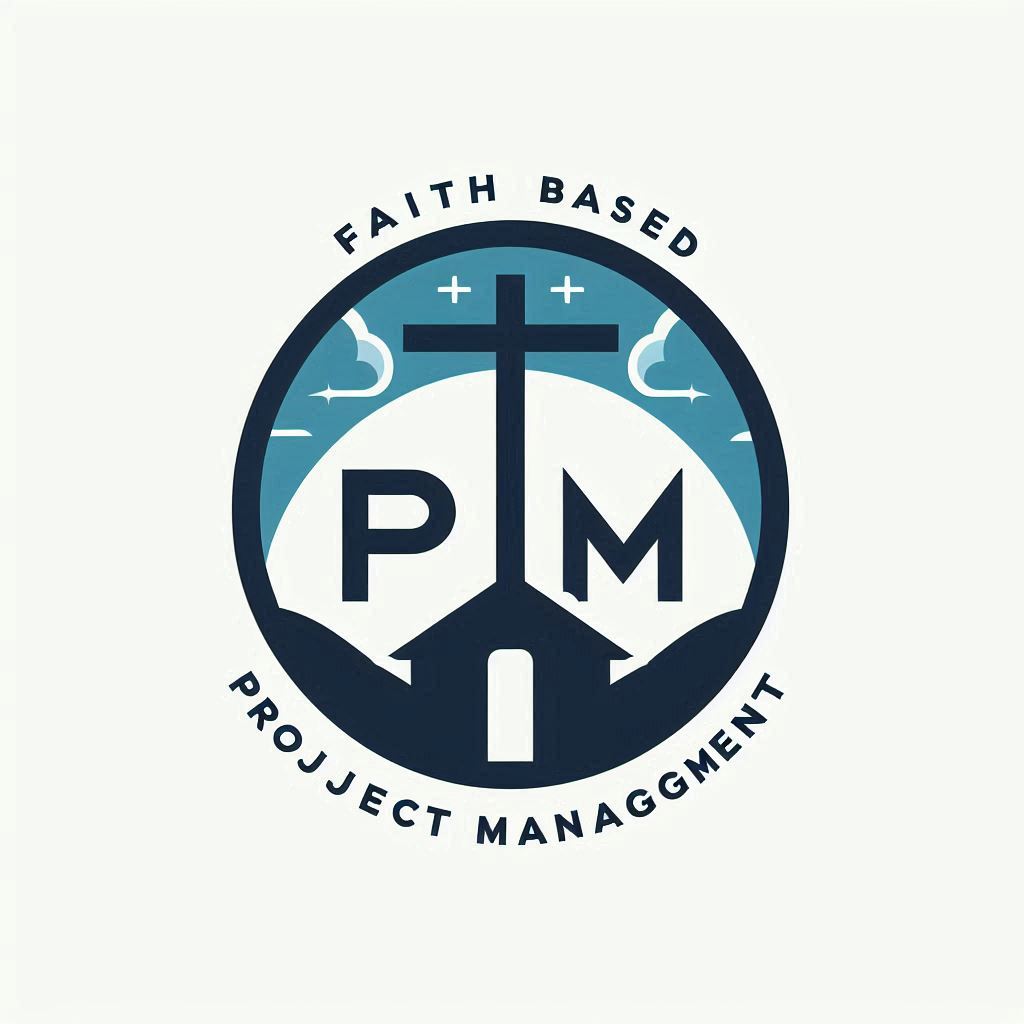Faith-driven decision making can seem like a big concept, but it’s all about incorporating your core beliefs into your everyday choices. This means letting your faith guide the big and the small decisions you face, whether you’re figuring out a career path or deciding how to treat a colleague. It’s a way to stay true to who you are while navigating life’s ups and downs.
The importance of faith in decision making can’t be overstated. When you have something to lean on like faith, it gives your choices a deeper meaning and context. You’re not just making decisions based on whims or immediate benefits; you’re considering values and long-term implications. This depth helps build trust and reliability in your actions.
Different faiths offer unique perspectives on decision making. Whether you’re drawing from Christianity, Judaism, Islam, or any other faith tradition, there are principles and teachings that can provide clarity and direction. It’s about finding which teachings resonate with your personal experiences and applying them in a thoughtful way.
In today’s fast-paced world, it’s easy to get caught up in the rush and choose what’s convenient over what’s right. By focusing on faith-driven decision making, you prioritize relationships, integrity, and purpose over short-term gains. This approach not only helps you stay grounded but also inspires those around you to consider their own motivations and actions.
Remember, faith-driven decision making isn’t about being perfect or always making the right choice. It’s about trying to align your actions with your beliefs and learning from the process. It’s an ongoing journey of growth and self-discovery, where each decision is a step toward becoming a more thoughtful and intentional person.
Biblical Leaders: Exemplars of Faith-Based Choices
Some of the most powerful narratives about faith-driven decision making can be found in the stories of Biblical leaders. These figures faced monumental challenges and made decisions deeply influenced by their faith, offering timeless examples to learn from.
Take David, for instance, who stood firm against Goliath with nothing but a stone and faith in a higher power. This story isn’t just about triumph against all odds; it’s about trusting in one’s beliefs even when the path seems impossible. In today’s terms, it’s a reminder to trust your instincts and stand strong in your convictions, even when others doubt you.
Moses is another leader whose decisions were steeped in faith. His journey from Egypt, leading the Israelites, teaches about perseverance and following a calling despite obstacles. When faced with daunting tasks, he relied on divine guidance and patience, showcasing how even the impossible can be achieved when driven by faith.
These leaders show an array of qualities that reflect how faith can impact leadership—courage, resilience, and empathy. Each decision they made is a lesson in how spiritual convictions can guide actions that resonate through time.
Understanding these Biblical narratives can offer practical insights for today’s leaders. By examining their stories, one can derive lessons on how to lead with integrity and humility, encouraged by the belief that faith can bolster decision-making, regardless of the challenges faced.
Lessons in Integrity and Purpose from Biblical Decisions
Biblical stories are rich with insights into integrity and purpose, key components that can guide modern decision-making. These narratives aren’t just ancient tales; they offer valuable lessons applicable to everyday life and leadership.
Take the story of Joseph, for whom integrity was a guiding principle. Despite facing betrayal and false accusations, Joseph remained steadfast, eventually rising to power in Egypt. His story emphasizes sticking to your values, even when circumstances push you to compromise. Integrity isn’t about taking the easier path but committing to doing what feels right, no matter how tough the road gets.
Then there’s the example of Esther, who used her role as queen to save her people. She demonstrated how acting with purpose means understanding when to step up courageously, even at personal risk. Her story encourages us to recognize opportunities where our choices can lead to broader positive impacts, reminding us that purpose-driven actions can change lives.
Modern leaders can draw on these teachings, understanding that purposeful, integrity-laden actions don’t just benefit individual careers but also foster trust and respect among peers and followers. These lessons push us to strive for decisions that reflect deeper values, enhancing how we interact with others and tackle complex challenges.
Today, aligning decisions with principles of integrity and purpose means staying true to one’s convictions in a world that often prioritizes expedience. It involves continuous learning from past lessons and applying them to ever-evolving scenarios, always with a focus on long-term, constructive impacts.
Implementing Faith-Driven Decision Making Today
Incorporating faith-driven decision making in today’s complex world might seem daunting, but it is entirely achievable and incredibly rewarding. It starts with embracing the principles that resonate most with you and allowing those beliefs to inform your actions.
One practical approach is to begin each day with a moment of reflection or prayer, setting intentions aligned with your faith. This practice helps in centering your thoughts and preparing you to make decisions rooted in your values, regardless of the challenges that may arise.
Listening to personal testimonies from contemporary leaders who practice faith-based decision making can be enlightening. Such stories not only inspire but also provide practical examples of overcoming obstacles by incorporating spiritual beliefs into everyday choices, demonstrating the harmony between faith and modern leadership.
Of course, implementing this approach isn’t always smooth. Challenges arise, especially in diverse environments where differing beliefs must coexist. It’s crucial to approach these situations with empathy and openness, fostering dialogues that respect varying perspectives. This way, decisions are guided not just by personal faith but also by a commitment to inclusivity and understanding.
Lastly, it’s about persistence and reflection. Regularly assess your decision-making process—celebrate successes and learn from mistakes. Over time, this habitual reflection ensures that faith remains at the center of your decision-making journey, enriching both personal growth and professional relationships.
